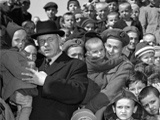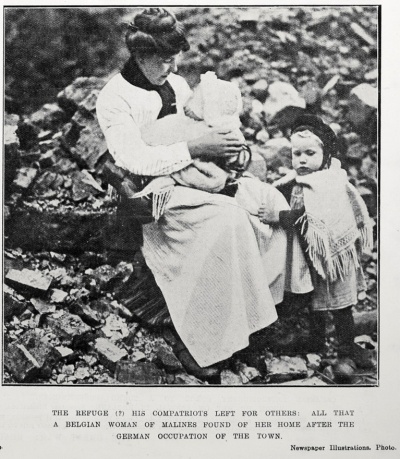Events In History
-
 1 November 1944Polish refugees land in New Zealand
1 November 1944Polish refugees land in New ZealandOn 1 November 1944, more than 800 Polish refugees from war-torn Europe landed in Wellington from the troopship USS General George M. Randall. Read more...
Articles
Wellington cafe culture

Café culture has become integral to Wellington's identity. This culture began in the 1930s with the emergence of the milk bar, followed by coffee houses in the 1950s. After a period of decline in the 1960s and 70s, the city's café scene has grown in spectacular fashion over the last 20 years.
- Page 3 - Immigration and SocietyThe rise of coffee houses in the 1940s, 50s and 60s was not a phenomenon confined to Wellington, or indeed to New Zealand. The connection between the history of cafe culture
The Cold War

Although the origins of the so-called Cold War can be traced back to the Bolshevik revolution of 1917, this intense ideological struggle between the Western powers and the Soviet Union really began after the Second World War.
- Page 8 - War at homeApart from a period during the 1950s, New Zealanders remained relatively tolerant of communism.
Biographies
-
 Plischke, Ernst Anton
Plischke, Ernst Anton
An Austrian émigré who sought refuge from the Nazi domination, Ernst Plischke’s modernist designs made an important contribution to post-war New Zealand architecture.
Read more... -
 Hofmann, Frank Simon
Hofmann, Frank Simon
Frank Hofmann was an influential photographer, both commercially and artistically, introducing interwar European modernist ideas and practices into New Zealand.
Read more...
-
Main image: Belgian refugees
A Belgian woman and two children sitting amongst ruins of Malines after the German occupation of the town, December 1914.





